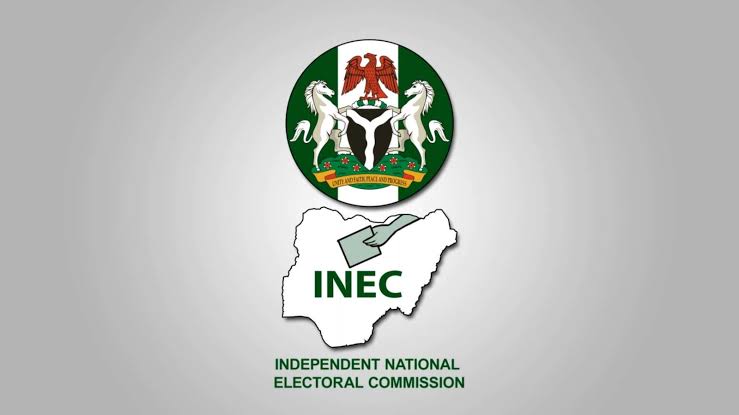
Garba Mohammed
The Independent National Electoral Commission (INEC) has confirmed that the number of associations seeking registration as political parties has surged to 171, following the submission of 19 new letters of intent.
INEC National Commissioner and Chairman of the Information and Voter Education Committee, Sam Olumekun, disclosed this in a statement on Thursday.
“Since our last update, 19 more letters of intent have been received, bringing the total to 171 as of September 3, 2025. Details of the latest submissions are available on our website,” Olumekun said.
According to him, a review committee has concluded its assessment of the applications and submitted recommendations for final consideration. He added that a shortlist of pre-qualified associations is being prepared for the next stage of the registration process.
The Commission, however, cautioned applicants against practices that delay the process, such as frequent changes to logos, acronyms, addresses, and multiple applications by the same association. Olumekun also noted that in some cases, interim leaders had defected to other groups, slowing down progress.
“We appeal to associations to remain patient as we conclude the process. We will treat all applications equitably and continue to update Nigerians on every step,” he assured.
Under the 1999 Constitution and the Electoral Act 2022, political parties must meet strict requirements before registration, including having a national headquarters in Abuja, a distinct name and logo, evidence of nationwide membership, and a constitution and manifesto aligned with democratic principles.
INEC also retains the power to deregister parties that fail to comply with these standards. In 2020, the Commission deregistered 74 parties for failing to win seats in the 2019 elections or meet constitutional requirements. By the 2023 elections, only 18 political parties were officially recognised.
The latest list of applicants reflects a wide range of ambitions, featuring names such as the Obedient People’s Party, Patriots Party, Great Nigeria Party, Socialist Equality Party, All Gender Party, Reset Nigeria, Save Nigeria People Party, Young Democratic Congress, and Peoples Emancipation Party, among others.
Political analysts say the surge in applications reflects Nigeria’s increasingly fragmented political landscape, with several new movements seeking to challenge the dominance of established parties ahead of the 2027 general elections.
